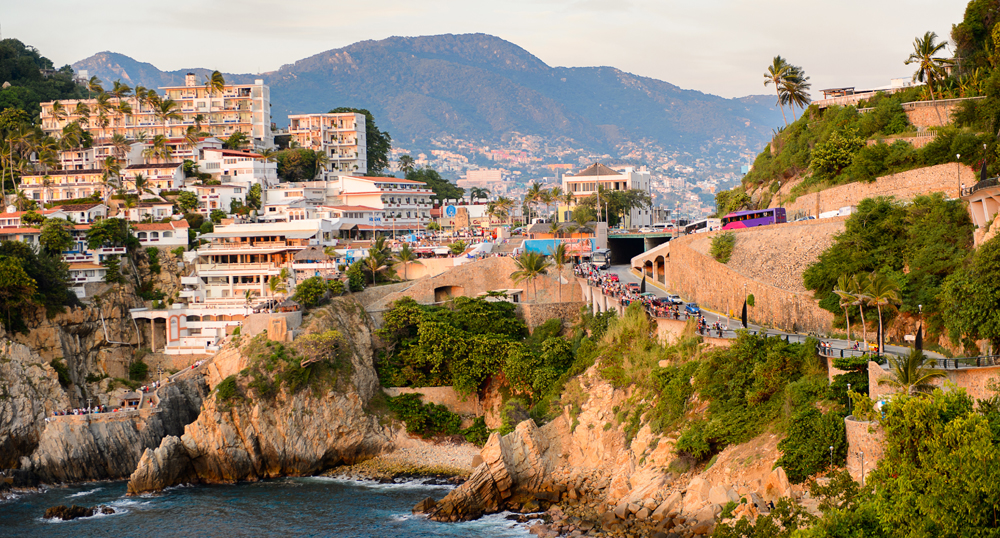目次
Study Category 1: Overseas Markets and Consumers
To expand overseas, it is important to know where you are going first. In particular, market research and consumer analysis are essential to explore local demand and opportunities.
Gather information on sales, such as market size, market characteristics, and distribution networks for countries and regions that wish to enter.
Also, it is important to know consumers when you think about acquiring sales channels in the local market. Domestic surveys also show that understanding consumers is a key issue. However, overseas surveys, in particular, have different consumer behavior and purchasing motivations, so it is important to closely examine consumer trends.
Even good products and services are difficult to use overseas due to differences in values.
The results of the research will not only be used to determine whether or not to enter the market, but will also provide an opportunity to find out what to appeal in actual promotions. It is necessary to know not only the target’s age and gender, but also the target’s income in emerging countries where there is a large income gap.
Study Category 2: Competitive Analysis
When expanding overseas, it is often necessary to investigate the existence of competitors, their business development and sales methods, and their sales and price ranges. When starting a new business in Japan, it is standard practice to examine the existence of competitors as well.
You can get a picture of the market and know the major players. However, research on overseas competitors can also be used to pinpoint the information that needs to be gathered and guide the company’s business.
By researching our competitors, we will be able to identify their market share and sales channels, which will help us narrow our target base and develop our management strategy. It also provides an indication of sales targets and projections based on the sales and profits of other companies. It also provides information on the distribution network to achieve the targets and, in the case of manufacturing, the quality level required by the technical level of other companies.
Study Category 3: Political, Social, and Economic Conditions

When expanding overseas, it is necessary to consider the risks inherent in the target country or region. Because there are risks in overseas markets that are different from those in Japan, it is necessary to include such risks in the preliminary survey items in order to strengthen risk management after the start of business.
Political and social conditions in each region can also be linked to life-threatening situations such as war, terrorism, religious conflicts and insecurity. Therefore, it is important to conduct sufficient investigation.
You may also need to contact a trusted source to investigate and avoid receiving incorrect information. It is important to keep track of the economic growth rate, inflation rate and unemployment rate as local economic conditions.
In addition, the status of the advance of foreign capital and the existence of laws and regulations are also investigated. By gathering this information and making a decision on whether to expand, we can avoid business risks and protect the safety of our Japanese staff.
Study Category 4: Workers and Wage Circumstances
One of the attractions of overseas expansion is the cheap labor and active markets. But if we don’t do enough research, we may choose areas where we don’t get enough of these benefits.
Recent trends show that in some countries personnel costs are rising due to the advancement of education as a national business. For this reason, Japanese companies that have entered the country in search of cheap labor are in trouble.
Therefore, when considering hiring local staff for overseas expansion, it is important to investigate the wage situation in the country or region where you plan to expand your business. It is better to make a plan with a view to the future rise of labor cost.
Also, when hiring local staff overseas, it is important to know the differences with Japanese workers. There are cases where it is difficult to ask for diligence and precision like the Japanese, such as working hours, thinking about work, and work quality.
Study Category 5: Infrastructure and Logistics

When considering overseas expansion, it is necessary to pay attention to the differences between Japan and other countries in terms of infrastructure and logistics. As with our domestic operations, we may incur unexpected costs and time.
First of all, it is necessary to investigate road conditions, infrastructure development such as railways and ports, customs clearance and so on. You also need to know the distribution situation such as railway, truck, and air transportation.
These factors have a major impact on the procurement of raw materials and the transportation of products to the market. There are areas in emerging countries that still do not have sufficient infrastructure and logistics environment.
Therefore, if the investigation is insufficient and overlooked, it may cause malfunction. It is also necessary to check infrastructure such as electricity, gas, water, industrial wastewater, and communications.
Summary
As described above, it is important to understand the general social environment, such as the market, consumers, and competitors in a country, politics, society, and economy, as well as the social infrastructure, such as the labor environment, infrastructure, and logistics.



